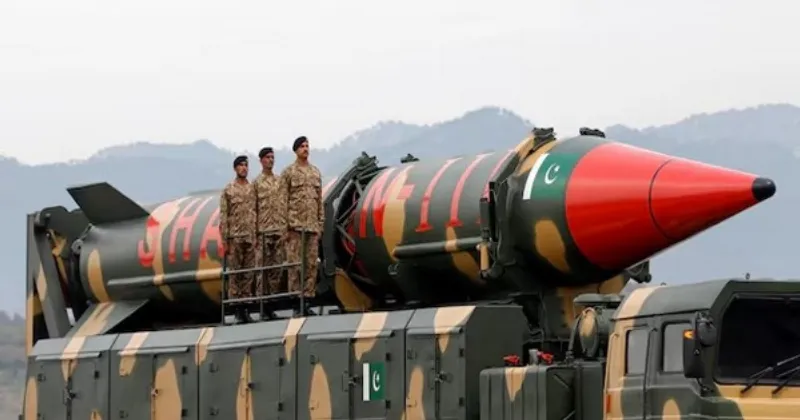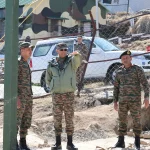Pakistan’s military is reportedly facing an acute shortage of artillery ammunition, reducing its effective warfighting capability to a mere four days. The development, confirmed by defence and intelligence sources, stems from the diversion of critical munitions—particularly 155mm artillery shells—to Ukraine as part of recent arms exports, severely depleting Pakistan’s domestic reserves.
The crisis has sparked alarm within Pakistan’s military leadership, with the issue taking center stage at a Special Corps Commanders Conference convened on May 2. Military officials are said to be increasingly concerned about the nation’s ability to respond to conventional threats, especially amid heightened tensions with India following the April 25 Pahalgam terror attack that claimed 26 civilian lives in Jammu and Kashmir.
The Pakistan Ordnance Factories (POF), responsible for producing the bulk of the country’s ammunition, is reportedly unable to replenish depleted stocks at the required pace due to outdated production lines, limited industrial output, and soaring global demand for munitions. The shortage affects all key artillery systems—including the M109 self-propelled howitzers and BM-21 multiple rocket launchers—which are integral to Pakistan’s rapid mobilization and heavy-firepower doctrine aimed at countering Indian numerical and strategic superiority.
This military vulnerability is compounded by Pakistan’s ongoing economic crisis, characterized by record inflation, ballooning debt, and shrinking foreign exchange reserves. As a result, the military has reportedly enacted austerity measures: rations have been slashed, fuel supplies rationed, field exercises postponed, and war games canceled.
Former Army Chief General Qamar Javed Bajwa had earlier acknowledged Pakistan’s inability to sustain long-term conventional conflict, citing both economic and logistical limitations. These warnings now appear prophetic as the country struggles to maintain even baseline operational readiness.
Meanwhile, attempts by Pakistan to project strength in cyberspace have also faltered. On May 1, hacker groups affiliated with Pakistan—such as “Cyber Group HOAX1337” and “National Cyber Crew”—attempted cyberattacks on Indian institutions, including the Army Public School in Nagrota and the Army Institute of Hotel Management. The attacks, which aimed to deface websites with inflammatory messages mocking victims of the recent terror strike, were swiftly thwarted by Indian cybersecurity teams.
In response to the Pahalgam attack, India has intensified counter-terror operations in Jammu and Kashmir, demolishing suspected terrorist hideouts and seizing weapons caches linked to Pakistan-based groups like Lashkar-e-Taiba. Diplomatic and military pressure on Pakistan has also increased, with India suspending the Indus Waters Treaty and closing the Attari Integrated Check Post for Pakistani nationals.
The confluence of strained defence logistics, cyber failures, and international isolation leaves Pakistan facing a multidimensional crisis. Analysts warn that by prioritizing short-term geopolitical goals—such as arms exports to Ukraine—over domestic preparedness, Pakistan has jeopardized its own strategic security. As tensions along the India-Pakistan border remain high, the consequences of this ammunition shortfall could have long-lasting implications for regional stability.













